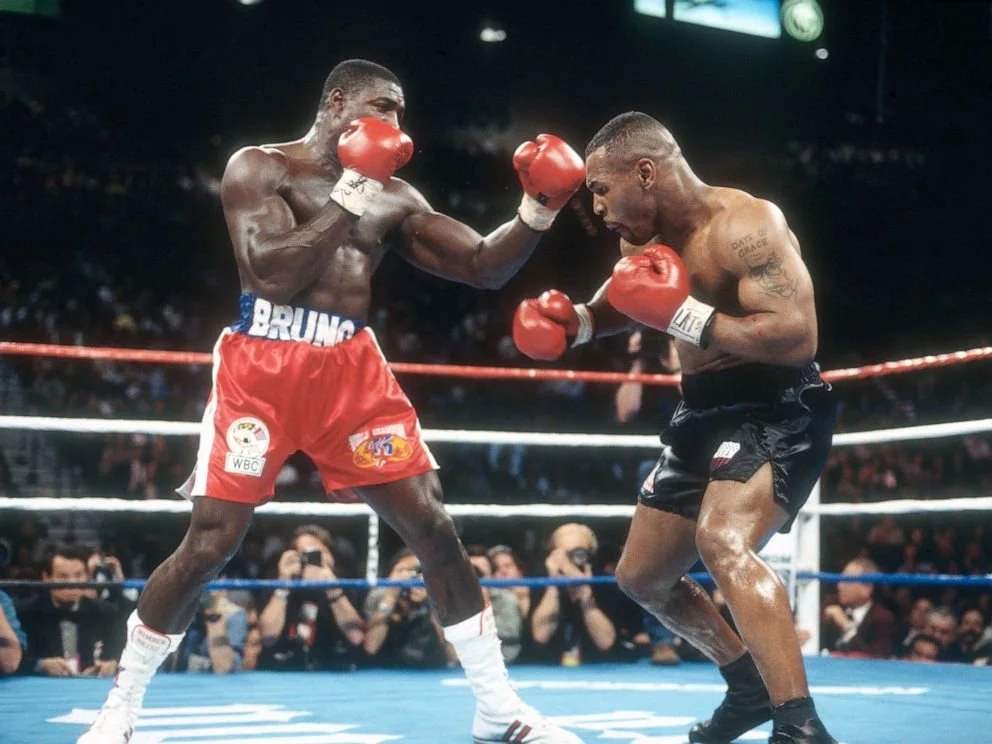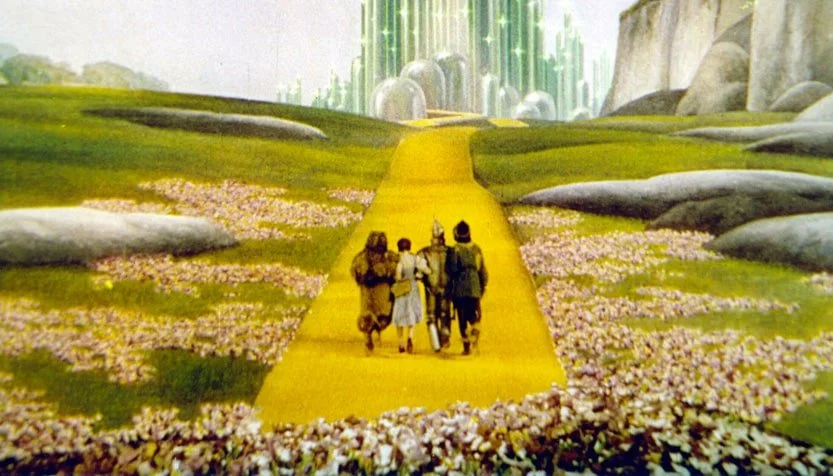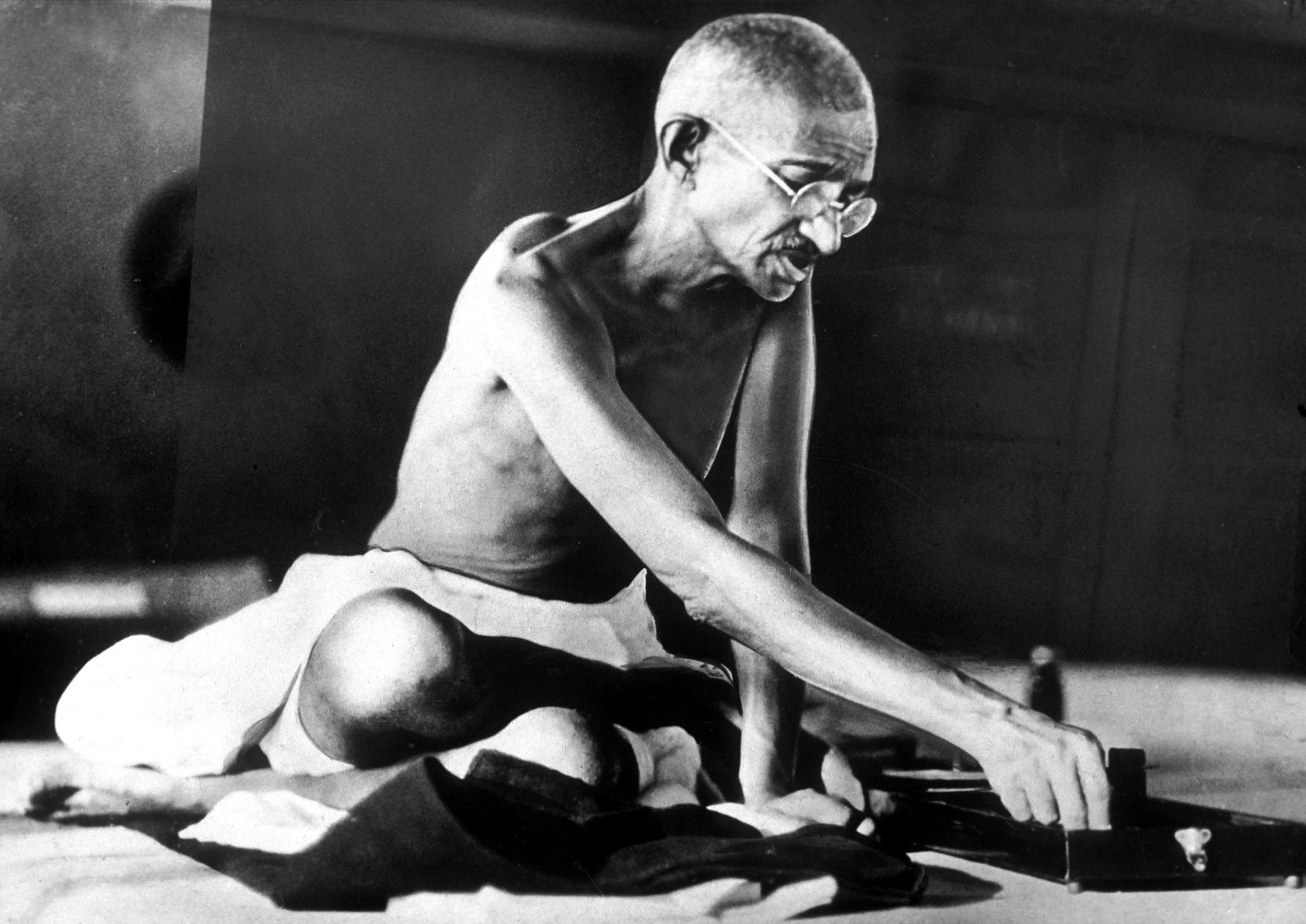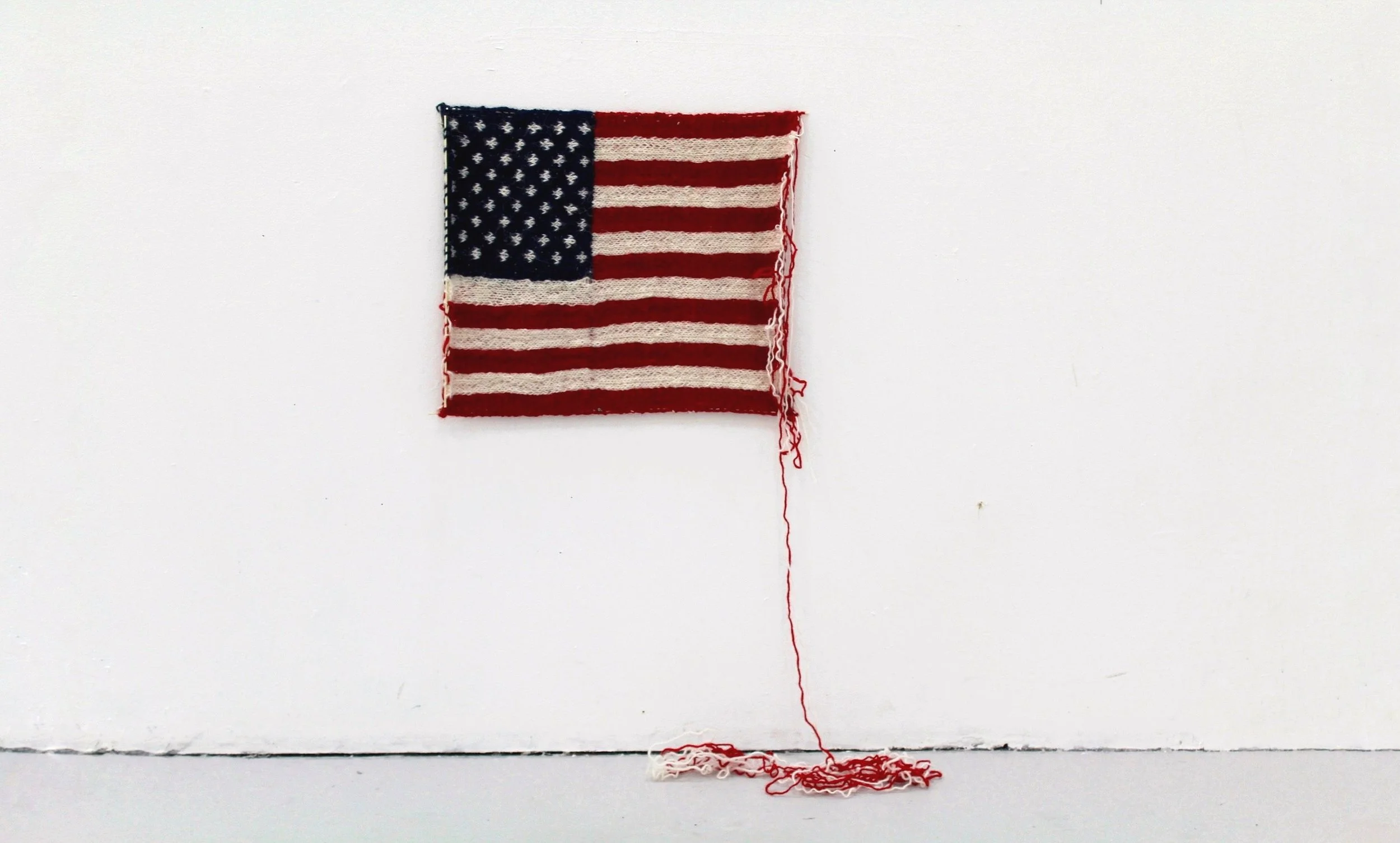“Only the dead have seen the end of war.” — Plato.
Since WWII, the World Powers have engaged each other indirectly through proxies in places like Korea, Vietnam, Afghanistan, Kuwait, Iraq, and now Ukraine.
Congress recently approved a $54B “aid package” to Ukraine and persuaded Poland to give their Russian-made MIG jets to Ukraine in exchange for modern American F-16 jets. More importantly, American intelligence was directly responsible for the death of nearly a dozen Russian generals, and the sinking of Russia’s flagship.
While the West is sanctioning Russia in an effort to ruin its economy, Russia is blocking the export of energy to Europe, and basic foodstuff to the rest of the world, potentially causing famine and riots in Egypt, Iran, India, and Africa. Since a long-term war is not sustainable, and given that going nuclear is a lose-lose proposition, we posit that soon a second front to this war could open in the Middle East in which Israel would bomb Iran, further threatening the flow of oil to the West. Unlikely? Then consider the following:
– Since 1979, Iran has threatened to wipe Israel, aka little Satan, off the map.
– Iran is close to having an atomic bomb and the delivery system to hit Israel.
– Israel will have no choice but to bomb Iran’s nuclear facilities like they did Iraq’s and Syria’s.
– For the past two weeks hundreds of thousands of Iranians have been protesting to vent their anger against a system that they consider to be corrupt, incompetent and oppressive.
– Iran’s proxies in Syria, Lebanon, Iraq and Yamin have tens of thousands of conventional missiles aimed at Israel.
– When President Obama drew a red line in Syria and failed to follow through, Putin moved in and now controls Syria’s airspace.
– Israel has finally secured the right to fly through Saudi Arabia’s airspace as a direct shortcut to Iran.
– The United States Air Force is practicing mid-air refueling techniques with Israel’s Air Force.
– The war’s second front could threaten the export of oil through the Persian Gulf, further damaging the Western economies.
The missing ingredient for Israel to bomb Iran’s nuclear facilities is the actual bomb that can penetrate the 12’-thick slabs of poured-in-place reinforced concrete that protect Iran’s underground nuclear facilities.
While Israel does not have such a bomb, America does. The question is, how long before America, aka the Great Satan, finally decides to provide the spark to ignite a revolution that takes out the Ayatollahs and, in the process, further weaken Russia?
Might the delivery of this bunker-busting bomb to Israel be on Saudi Arabia’s demand list as a condition to increase their oil production during President Biden’s potential visit to Saudi Arabia?!
Read More



















